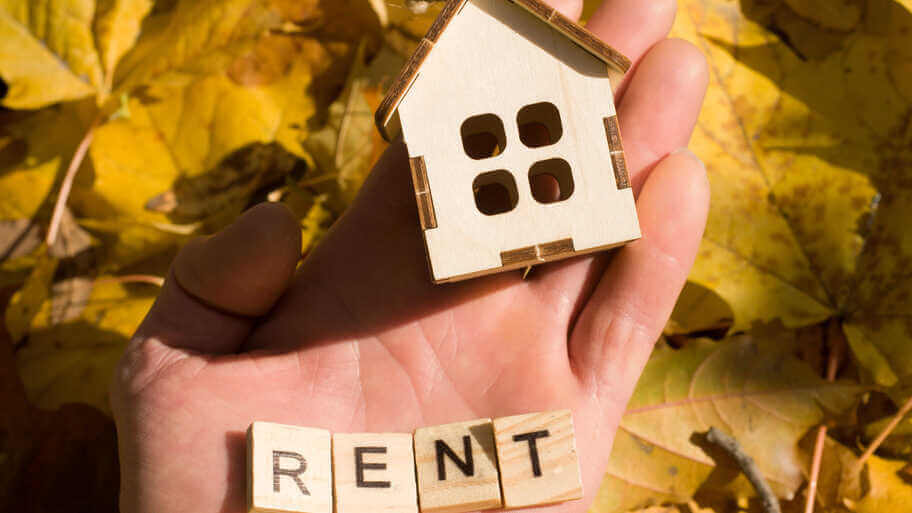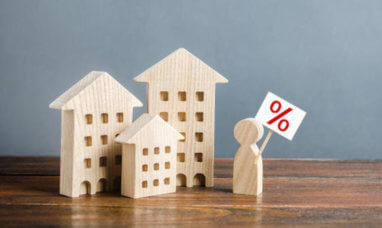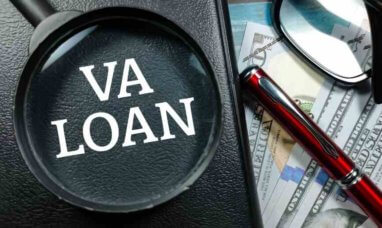Are you moving out of your home soon? Are you wondering: how do I rent out my house? There are all sorts of factors to consider when it comes to renting out your home. Depending on your situation, renting may be the best option.
For example, if you don’t have a lot of equity in your home, it makes sense to hold onto it for a few years so that you can sell for a greater profit. Or, if your home has been on the market for weeks yet you’re struggling to sell, temporarily renting it out makes sense.
Whatever the reason for renting your home, there are many factors that you need to consider before becoming a landlord.
Here’s what you need to know about deciding whether to rent your home. We’ll also discuss buy-to-let mortgages, which is an excellent option if you’re looking to buy a house to turn it into a rental property.
Steps for Renting Your Home
Are you thinking, “I own my house and want to rent it out”? If so, here are all the steps you’ll need to take to prepare your home for tenants.
Before you can rent your home, you need to ensure it’s safe and meets all federal, state, and local regulations. Your home will need to meet some of the standard requirements. To make sure it’s up to par, you should take certain steps, including:
-
-
- Installing smoke alarms (or ensuring they all work)
- Making sure all appliances work
- Ensuring the home is up-to-code
- Cleaning the HVAC vents
- Checking plumbing for leaks
-
Once the house is safe and in good condition, the next step is to understand your obligations as a landlord. By renting out your home, you’ll be responsible for everything from finding tenants to completing repairs and maintenance.
Now that you know what to do before renting out your home and how to list your house for rent, the next step is to protect your property with landlord insurance. This covers you in the event of loss of rent, a home emergency, or property owners’ liability.
Should I Rent Out My House?
There are countless reasons why you may decide to rent out your house. But before doing so, you’ll want to understand the legal and financial implications. Becoming a landlord isn’t for everyone, so it’s important to make certain that you’re ready and able.
Renting your home isn’t as simple as collecting rent and making a profit each month. Keep in mind that being a landlord comes with a host of responsibilities. You’ll have all sorts of duties, including:
-
-
- Finding and screening renters
- Collecting payments
- Taking care of any maintenance requests
- Maintaining all documents
- Dealing with any legal issues
-
Not only does being a landlord require more work, but there’s also an inherent risk in having someone live in your home. Another risk to consider is that over time, your house may decrease in value, which means less profit once it’s time to sell.
Before you begin the process of renting your home, make sure that you can afford your own living expenses as well as the expenses of being a landlord. If the plan is to purchase a new home, you want to make absolutely sure that you can cover your new mortgage costs as well as any potential rental property expenses.
To determine if renting makes sense in your scenario, consult with a rental agent in your area. They will give you an idea of how in-demand rentals are in your area. Your agent will also be able to give you an answer as to how much rent should I charge for my house?
Renting also comes with various tax implications. All rental income will need to be claimed as other income. This could push you into a higher tax bracket, which means you could owe money to the IRS.
Selling after renting may also put you in a situation where you have to pay capital gains tax.
Do I Need to Tell My Mortgage Provider?
Yes, if you choose to rent your property, you must tell your mortgage provider. Under the terms of a residential mortgage, you may not be able to rent your home without receiving permission from the loan provider. Otherwise, you may be in breach of contract.
If you only plan to rent your home on a temporary basis, your lender may provide consent. Your lender may also choose to charge a fee or added interest to cover the added risk.
However, if you want to rent your home beyond the specified length of time, you may want to switch to a buy-to-let mortgage.
Be aware that your lender may not approve a consent to rent. There are many factors that lenders consider, including how long you’ve held the mortgage or the amount of equity in the property.
How Do I Set Up a Buy-to-Let Mortgage?
Whether you’re switching your residential mortgage to a buy-to-let, or if you’re purchasing a new property to serve as a rental property, you’ll need to go through an application process.
When compared to residential mortgages, the criteria for buy-to-let mortgages are generally stricter. Eligibility for this type of mortgage loan is based on several factors, including:
-
-
- Income
- Credit score
- Rental amount
- Market volatility
- Existing mortgage debt
-
Lenders are more stringent when it comes to buy-to-let loans because of the added risk. This means you’ll be subject to higher fees and interest rates. You’ll also have to put down a larger deposit, ranging from 25-40% of the property’s value.
Most buy-to-let mortgages are interest-only loans. This means you’ll just pay interest each month. The principal balance will be paid at the end of the term once you sell the property.
Final Thoughts
Renting your home is a great option if it makes sense in your situation. Make sure that you’re aware of the expense and tax implications, along with the added duties of being a landlord, before deciding to rent.
Featured Image: Twenty20








